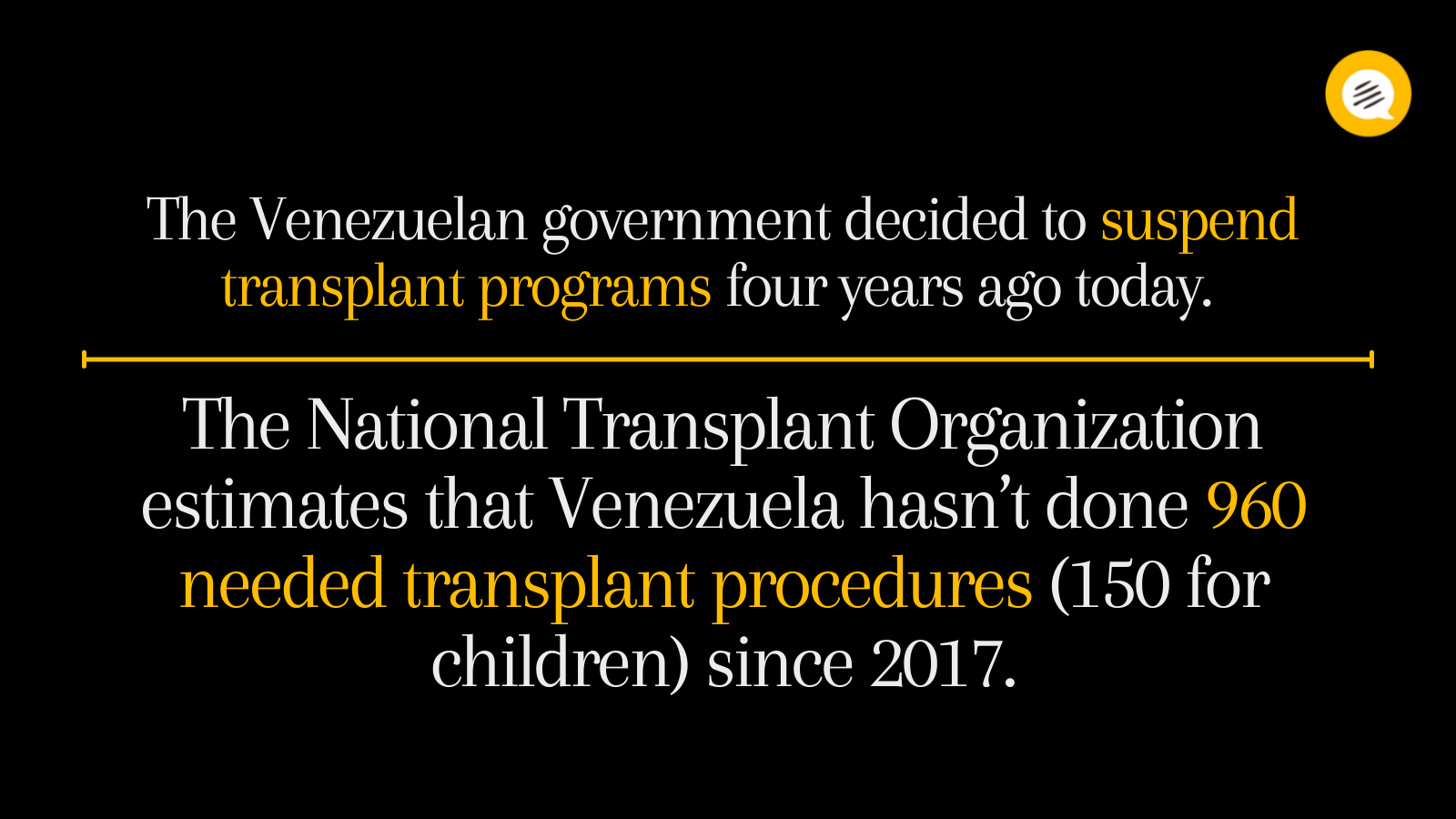Zulia’s Many Crises
CODHEZ's most recent report shows how Zulia is undergoing a terrible humanitarian crisis that only got worse because of the pandemic. There were 472 victims of alleged extrajudicial executions from January to March 2021 in Venezuela.


Photo: El Impulso
- The state that holds some of the greatest reserves of oil and gas on the planet is undergoing a terrible humanitarian crisis that only got worse because of the pandemic, as shown by Zulia’s Human Rights Commission (CODHEZ), in their most recent report.
- Most impoverished citizens can’t afford to buy food, there are electricity failures and outages, they’ve gone from 15 to 30 days without running water, cooking gas tanks must be purchased in dollars and Zulian doctors were the most affected by the pandemic, in addition to the fact that the living conditions of Indigenous communities got worse: la Guajira isn’t only struck by COVID-19, but by tuberculosis, HIV and malaria. CODHEZ demands solutions.
- The Assembly elected in 2015 approved an agreement on environmental rights violation by the Maduro government, intended to provide a legal framework for reparations on environmental damage and use of toxic substances during these years of destruction.
- The Assembly rejected that President Alberto Fernández withdrew Argentinian support against Maduro before the ICC. Argentinian deputies Ezequiel Fernández and Álvaro de la Madrid attended the session and said that they’ll interrogate Foreign Minister Felipe Solá on this decision and about Argentina retiring from the Lima Group.
- Deputy Yajaira Forero said that there were 472 victims of alleged extrajudicial executions from January to March 2021.
- Maduro’s Defense Minister, Vladimir Padrino López, confirmed the release of eight Venezuelan military officers who had been kidnapped by FARC dissidents on April 23rd in Apure. He assured that they were rescued with the “Operation Águila Centenaria”, but he didn’t mention that we learned that the FANB had agreed on a truce with the guerrillas the day before, he later admitted that there are two officers who are missing.
- FundaRedes director Javier Tarazona provided some figures: “We have dead and missing men, 7,000 displaced citizens and extrajudicial executions.” FundaRedes condemned the fact that protection and safe houses are offered to ELN and FARC leaders.
- The U.S. Treasury Department extended the license that allows Chevron and other oil companies to do business with Venezuela until December 2021.
- The Delegate Commission approved the appointment of the new ad hoc board of Citgo Holding, INC; Citgo Petroleum Corporation, and PDV Holding.
- The OPEC predicted that the demand for oil will be fully restored in the last quarter of the year, over 99 million barrels per day. Nicolás’s Oil minister, Tareck El Aissami, pretended he participated in the meeting and even wrote that he “endorsed” the gradual adjustments of oil production.
- The UK Supreme Court will study the case of Venezuelan oil at the Bank of England in July. They will determine who is the authority to control 31 bars of gold worth 1.9 billion dollars.
- NGO Espacio Público said that GNB officers forbade photojournalist Rafael Parras from covering the Electoral Registry proceedings taking place at CNE headquarters in Barquisimeto.
- The National Journalists Guild reported 14 arbitrary detentions in 2021.
- Lara governor Adolfo Pereira ordered closing down stores and said that people who don’t comply with the lockdown would be arrested.
- Maduro is still using state media for propaganda. He said that they’ll elect their candidates on August 8th and that the PSUV currently has 7.7 million members.
- “Anyone who doubts that Venezuela is a dictatorship (…) is telling society that they don’t believe in values like freedom of the press or freedom of expression because that’s been attacked in Venezuela,” said former President of Uruguay Julio María Sanguinetti.
- Ecuadorian Foreign minister Mauricio Montalvo said that his country will support any action that leads to re-establishing democracy in Venezuela and expressed his interest in alleviating the situation of Venezuelan migrants in his country.
- Even though the Iranian Foreign Ministry is undermining the importance of warship Makran coming to Venezuela, the U.S. updated the report on the shipment and the risks of “having asymmetrical warfare forces within the Armed Forces.”
- Colombia won’t open the border with Venezuela until September 1st, except for humanitarian emergency cases, commerce, cargo and foreigners leaving Venezuela.
Caracas Chronicles is 100% reader-supported.
We’ve been able to hang on for 22 years in one of the craziest media landscapes in the world. We’ve seen different media outlets in Venezuela (and abroad) closing shop, something we’re looking to avoid at all costs. Your collaboration goes a long way in helping us weather the storm.
Donate





